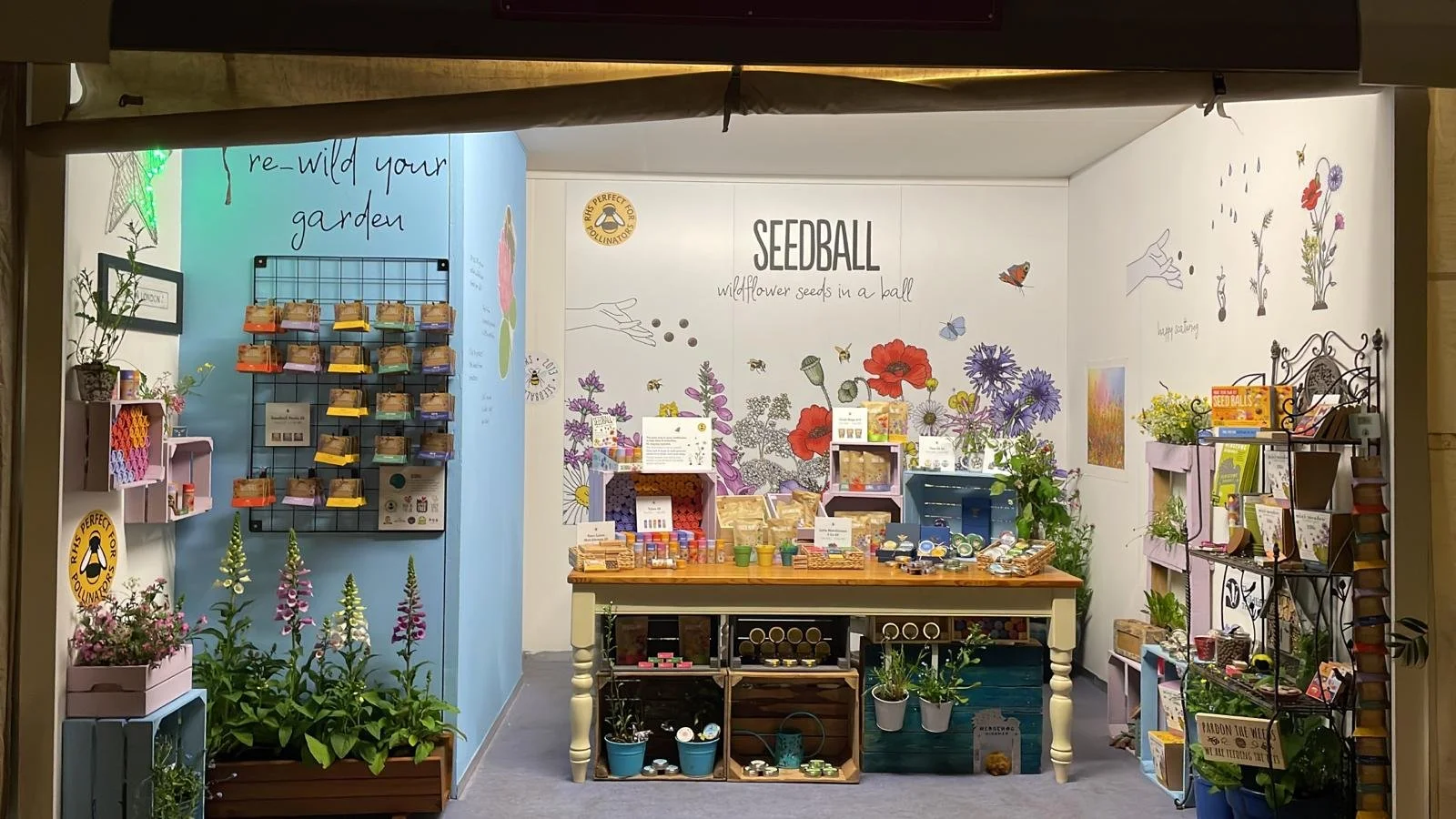Starting your own business can be one of the most rewarding adventures of your life. Your goal? To transform your vision into a successful company that not only thrives but scales to new heights. However, to achieve this, you need a solid foundation—a resilient business structure capable of withstanding growth. Without it, stagnation can easily set in. Let’s be honest, scaling isn’t for the faint-hearted.
To prepare your small business for its future as a formidable competitor—whatever your dreams may be—you’ll need to embrace a proven approach and commit to the process. So, how do you get started? Let’s explore the journey from your initial vision to tangible success and eventual growth.
1. Uncover Your Vision
As you embark on your entrepreneurial journey, it’s essential to ask yourself some fundamental questions:
What matters most to me?
What is my purpose?
Your answers will guide you in monetising your passions, securing your future, and crafting a legacy that resonates. Think about what captivates your thoughts and brings you joy. What activities make time fly? Identifying pursuits that energise you and inspire a desire to uplift others is key.
Starting a business is a challenge that demands resilience. A clear and authentic vision aligned with your passions will anchor you during tough times and provide fulfilment as you celebrate your successes.
2. Build Your Business Around Your Passions
The themes that dominate your thoughts are ripe for business opportunities. These are the seeds from which you can monetise your unique talents while ensuring you have the stamina to face challenges ahead.
With your vision in mind, identify a problem that needs solving within your chosen field. Providing meaningful solutions to a specific audience is a powerful way to establish a successful business. Once you’ve identified the issue and developed a viable product concept, aim to create a Minimum Viable Product (MVP) quickly. Remember, your MVP doesn’t have to be perfect right away; start gathering insights through online surveys and research.
Once you’re confident in your idea, test it through a low-risk pilot venture. Gather feedback, and be open to evolving your concept—companies like Kodak and Rolls Royce adapted their business models over time. De-risk your offerings early, define your ideal customer, and assess your market size before launching.
3. Launch Your Business
Decide whether you need to secure intellectual property rights, licenses, or trademarks, and set up your business efficiently online. If your workload feels overwhelming, be honest about it. Consider bringing on partners, outsourcing, or hiring team members from the start.
During these formative stages, focus on understanding your costs, profit margins, and overheads. Be aware of your break-even point, maximum customer acquisition costs, and client lifetime value. Your business should be funded through cash flow, personal funds, loans, or equity, with your focus firmly on generating income—not expenses!
4. Create a Community and Network
Once your business is live, visibility is crucial. Without effective marketing, there are no leads, and without leads, there are no customers. This is where a multi-platform marketing strategy comes into play.
Utilise free social media channels—like Twitter, Facebook, and LinkedIn—to expand your reach and establish your presence as a thought leader. Share valuable insights that go beyond simple advertising; your followers will appreciate your generosity and engage with you. Stay humble, express gratitude, and dedicate time to supporting others in your field.
Complement your free marketing efforts with targeted paid advertising, such as Google Ads or sponsored posts on social media. Explore various marketing channels, but focus your time and energy on those that yield results. By uniting your efforts across a receptive market, you’ll cultivate a community eager to engage with your brand whenever they need solutions to their challenges.
5. Develop Your Brand Identity
As your entrepreneurial journey progresses, it’s time to evolve your startup into a recognisable brand. Your marketing initiatives, combined with a commitment to delivering value, will solidify your reputation in your chosen field.
As your marketing strategy expands, build a capable team to manage various aspects of your business. If your success relies solely on your presence, it won’t scale, and you’ll remain tethered to the business without the freedom you seek.
6. Manage Yourself and Build a Stellar Team
Establishing a routine that aligns with your goals is essential for running an effective small business. Remember, you didn’t start this venture to manage every process indefinitely. Leverage your team and outsourced staff early on.
Navigating the complexities of business requires balance. Self-discipline, strategic partnerships, aligning passion with profession, and thoughtful self-promotion are just a few of the tactics you’ll employ. Monitor key performance indicators and revenue-generating tasks, and when everything aligns profitably, you’ll know it’s time to consider scaling.
This is Just the Beginning
What’s covered here is just the initial roadmap to launching a successful small business. While many voices caution against the challenges and high failure rates of startups, remember: these obstacles are real, but you can significantly enhance your chances of success by deepening your market knowledge, immersing yourself in entrepreneurial resources, and nurturing a network of peers and mentors.
If you’re looking for support on your journey, feel free to reach out!



































